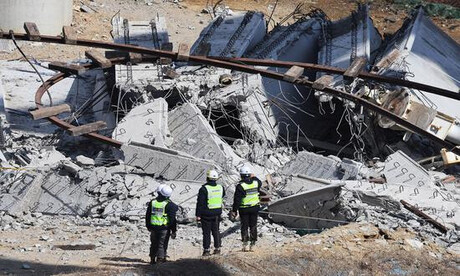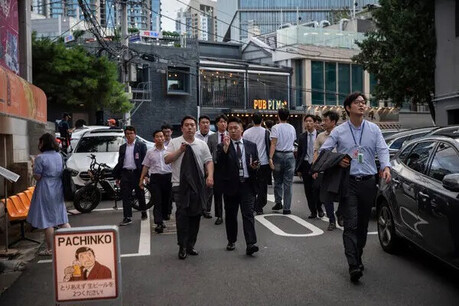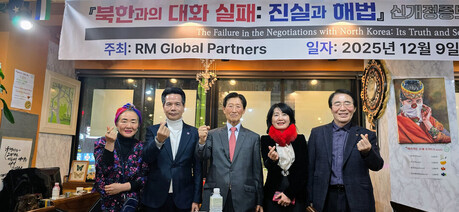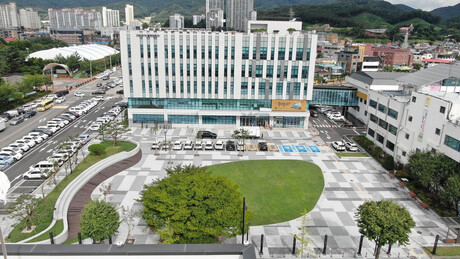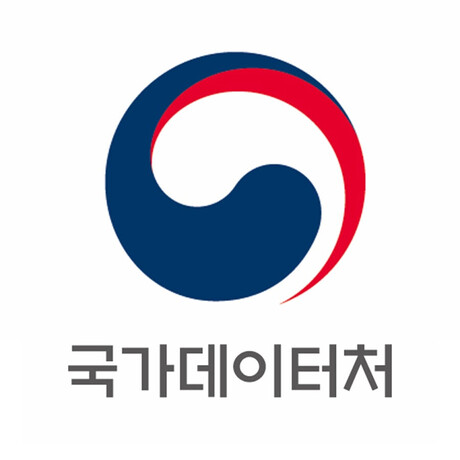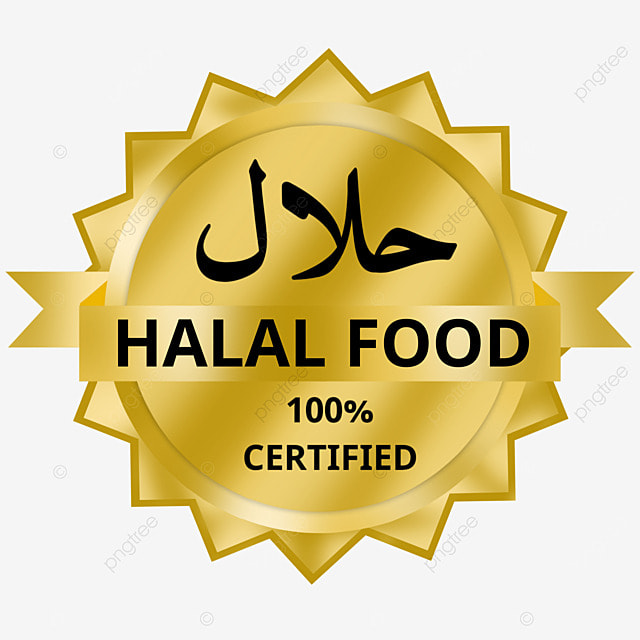
MANILA, Philippines – The global halal market, once perceived as a niche segment driven solely by religious adherence, is rapidly transforming into a universal standard of trust, safety, and ethical consumption. Valued at approximately $2 trillion in 2021, the halal food market alone is projected to reach an astounding $3.9 trillion by 2027, according to various industry reports. This exponential growth, fueled by a global Muslim population exceeding 2 billion and an increasing demand for ethical products even in non-Islamic regions, has prompted nations worldwide to pivot their economic strategies towards this burgeoning sector. Among these, the Philippines has unequivocally declared its ambition to become a "halal export nation," a move poised to redefine market dynamics and present both formidable competition and unprecedented partnership opportunities for countries like South Korea.
The Philippine government's commitment to this vision is encapsulated in its comprehensive 'Halal Industry Development Strategic Plan (2023–2028),' a blueprint for structural transformation that extends far beyond traditional food products to encompass tourism, cosmetics, logistics, pharmaceuticals, and other vital sectors. This strategic shift underscores a recognition that halal is not merely a religious designation but a robust industrial framework. The plan sets an ambitious target of attracting ₱230 billion ($3.9 billion) in halal investments and creating 120,000 jobs by the end of President Ferdinand Marcos Jr.'s term in 2028.
A significant pillar of this strategy is the Bangsamoro Autonomous Region in Muslim Mindanao (BARMM). With the largest concentration of the Philippines' 12 million Muslim population, BARMM is strategically positioned to emerge as the nation's primary hub for halal-certified meat and dairy products. Its geographical proximity to Indonesia, Malaysia, and Brunei Darussalam—some of the world's largest halal markets—further solidifies BARMM's potential as a key player, not just within the BIMP-EAGA (Brunei Darussalam-Indonesia-Malaysia-Philippines East ASEAN Growth Area) and ASEAN regions, but on the global stage. Efforts are underway to modernize the cattle industry and develop a coordinated halal mechanism in Mindanao to leverage these inherent advantages.
To spearhead this national initiative, the Department of Trade and Industry (DTI) officially launched the National Halal Industry Development Office (NHIDO) in December. NHIDO's mandate is expansive, focusing on streamlining the oftencomplex halal certification process for local businesses, thereby reducing barriers for Filipino companies seeking entry into lucrative foreign markets, particularly in Southeast Asia, the Middle East, and North Africa (MENA). Furthermore, NHIDO is tasked with enhancing the Philippines' global reputation as a reliable source of halal-certified products and services. Its responsibilities also include extensive nationwide marketing campaigns, notably the "Halal-Friendly Philippines" initiative, aimed at raising global awareness and positioning the country as a preferred sourcing destination for halal-certified goods. This also involves promoting the Philippines as a halal-friendly tourist destination by encouraging halal-compliant hotels, food establishments, and travel services.
A critical component of the Philippines' strategy involves forging strong international partnerships through Mutual Recognition Agreements (MRAs). These agreements, particularly with influential certification bodies such as Malaysia's Department of Islamic Development (JAKIM) and the UAE's Emirates Authority for Standardization and Metrology (ESMA), are designed to significantly lower international market entry barriers for Philippine-made halal products. The DTI has been actively engaged in discussions with JAKIM, which is reportedly exploring the establishment of a world-class halal certifying body in the Philippines. Such collaborations are instrumental in ensuring that Filipino halal products meet stringent global standards, facilitating seamless import and export, and boosting cross-border trade.
The 'Halal-Friendly Philippines' campaign extends to specific regional initiatives, with Davao City emerging as a prominent "halal tourism hub." Capitalizing on expanded direct flight routes to the Middle East, Davao has implemented a multi-faceted approach, including increasing certifications for hotels and restaurants, and providing specialized training for tourism chefs. The city's commitment to halal tourism is further highlighted by the upcoming Philippine Halal Trade and Tourism Expo (PHTTE), scheduled from June 18 to 20, 2025, at the SMX Convention Center in Davao City. This major event, an accredited sub-event of "Duaw Davao," is set to draw BIMP-EAGA diplomats, global buyers, industry leaders, and academic figures. Beyond trade, the expo will feature free halal medical services and a Global Halal Academic Forum, demonstrating a holistic approach to halal ecosystem development. Local hospitality giants like Megaworld Hotels & Resorts have embraced this movement, reporting a 40% increase in Muslim stays and a 58% rise in revenue from this segment in the first quarter of 2025, driven by markets like India, Indonesia, and Malaysia, underscoring the tangible impact of these initiatives.
The private sector, particularly youth-led startups and Small and Medium-sized Enterprises (SMEs), forms the dynamic backbone of the Philippines' halal ambitions. According to NHIDO, the number of private companies acquiring halal certification surged by 27% in 2024, with 63% of these being SMEs. This growth is evident in provincial cities, where halal ingredient distributors, restaurants, and cosmetic manufacturing startups are flourishing, increasingly seeking international certifications to directly target export markets. A local halal convenience food manufacturer, 'J Company,' highlighted the potential: "Korean food is perceived as high quality, so there is great export potential if it only receives halal certification." This sentiment is echoed by an increasing number of OEM (Original Equipment Manufacturer) and joint development proposals, underscoring the Philippines' evolving dual role as both a formidable competitor and a compelling production partner.
For South Korean enterprises, navigating the expanding global halal market presents both challenges and strategic imperatives. While K-food and K-beauty brands enjoy significant brand loyalty and command a quality premium in Southeast Asian and Middle Eastern markets, direct market penetration has traditionally been hampered by complex halal certification barriers and intricate logistics. Unlike Muslim-majority nations where halal certification is often centralized under governmental authority, South Korea's halal certification process is managed by independent private institutions, leading to varied standards that can complicate international recognition. This fragmentation, coupled with the inherent limitations of a non-Muslim majority country in achieving extensive mutual recognition, poses significant hurdles for Korean exporters.
However, experts now suggest a paradigm shift: instead of viewing the Philippines solely as a consumer market, Korean companies should strategically leverage it as a "production and export forward base." This approach offers several compelling benefits. OEM production in the Philippines, utilizing local certification, can effectively circumvent existing market entry barriers, providing a smoother pathway into the lucrative Malaysian, Indonesian, and broader Middle Eastern markets. Local OEM manufacturers often possess the expertise to navigate the entire certification process, from product development to final compliance. Furthermore, establishing joint ventures with local startups in the Philippines allows Korean companies to capitalize on local market insights, distribution networks, and government support. The timing is particularly opportune, given the Philippine government's active subsidization of SME certification costs and its dedicated efforts to enhance international certification compatibility.
While the Philippines' proactive development of its halal industry may intensify short-term competition for Korean companies, a long-term perspective reveals significant potential for collaboration. This includes diversifying supply chains, developing joint responses to evolving global certification requirements, and even forging joint brand strategies. As the ASEAN halal market undergoes integrated restructuring, a strategic alliance that positions the Philippines as a vital hub connecting Southeast Asia with the Middle East becomes not just advantageous, but strategically imperative for South Korean businesses aiming for deeper penetration into the global halal economy. The Philippines is not just building an industry; it is constructing a bridge to a burgeoning global market, one that South Korea can either compete against or collaboratively cross.
[Copyright (c) Global Economic Times. All Rights Reserved.]
















